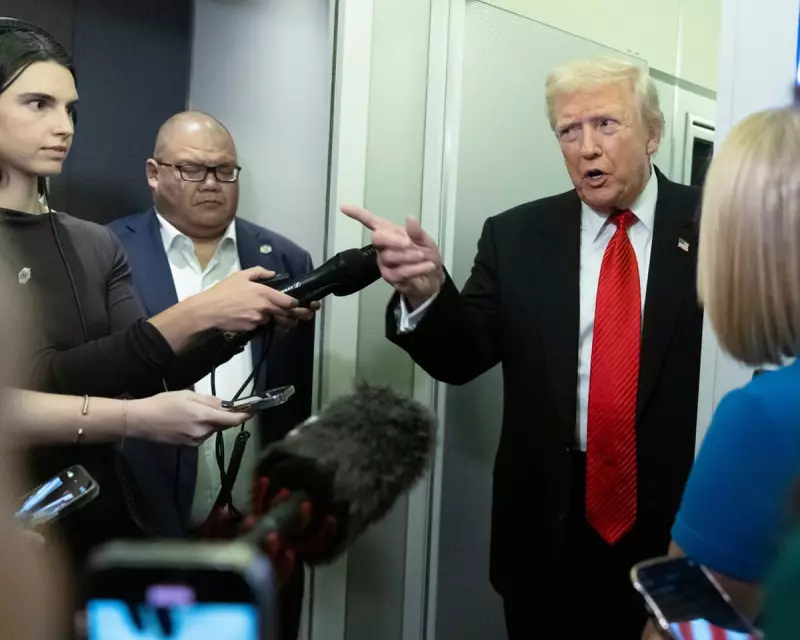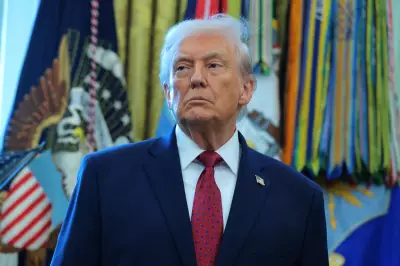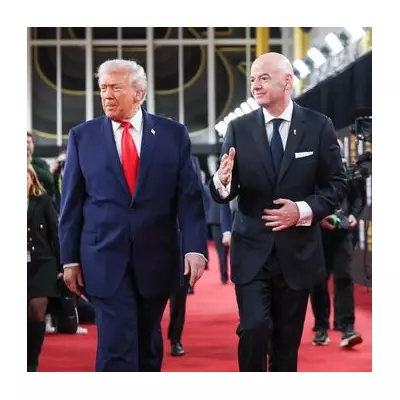
In an era where truth appears increasingly malleable, Donald Trump's return to the political stage has exposed a disturbing new dynamic in media-land relationships. The traditional boundaries between journalism and political advocacy are crumbling, creating what experts warn could be a perfect storm for democratic integrity.
The New Media Landscape: When Watchdogs Become Lapdogs
Gone are the days of arm's-length relationships between politicians and the press corps. Today, we're witnessing an unprecedented coziness between Trump and certain media personalities that threatens to fundamentally reshape public discourse. These aren't just casual acquaintances; they're symbiotic relationships where both parties benefit from the arrangement.
The consequences extend far beyond typical political bias. We're seeing:
- Normalisation of previously unthinkable statements and policies
- Erosion of fact-checking standards in favour of 'balanced' coverage
- Creation of alternative information ecosystems that validate conspiracy theories
- Blurring of lines between news analysis and political campaigning
The Democracy Dilemma: When Facts Become Flexible
This new media reality presents an existential challenge to democratic processes. When voters cannot agree on basic facts, how can meaningful political debate occur? The situation becomes particularly dangerous when:
- Media outlets prioritise access over accountability
- Personality-driven coverage replaces issue-based reporting
- Entertainment value trumps informational integrity
- Complex policy discussions get reduced to tribal signalling
The very foundation of informed citizenship relies on a shared understanding of reality. Without this common ground, the democratic process risks becoming little more than competing fiction contests.
Beyond Traditional Bias: A More Insidious Threat
This isn't merely about left-right media bias that has existed for decades. What we're witnessing represents a qualitative shift in how media interacts with power. The new model involves:
Strategic amplification of certain narratives while ignoring inconvenient truths, creating what some researchers call 'information vacuums' around damaging stories.
Performance journalism where the appearance of tough questioning matters more than actual accountability, providing cover for both interviewer and subject.
The result is a media environment where perception management has largely replaced truth-seeking as the primary objective for many major outlets.
What Comes Next? The Future of Political Reporting
As we move deeper into this new era of media-politics relationships, several critical questions emerge:
- Can traditional journalism standards survive in an attention economy?
- How should responsible media organisations navigate this landscape?
- What protections does the public need against sophisticated disinformation campaigns?
- Where should we draw the line between access journalism and complicity?
The answers to these questions may well determine the health of Western democracies for generations to come. One thing is certain: the old rules no longer apply, and the media landscape may never return to what it once was.





